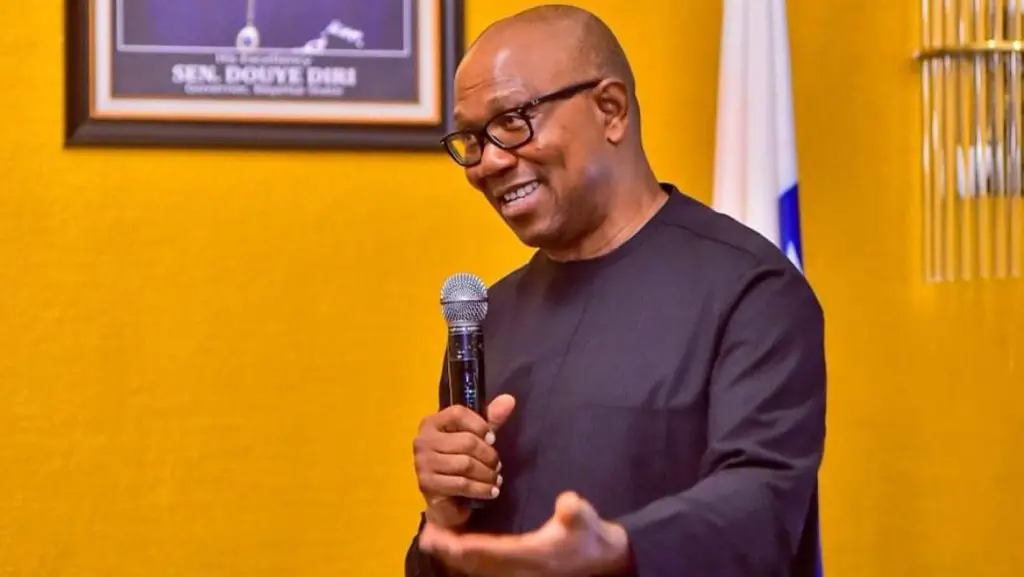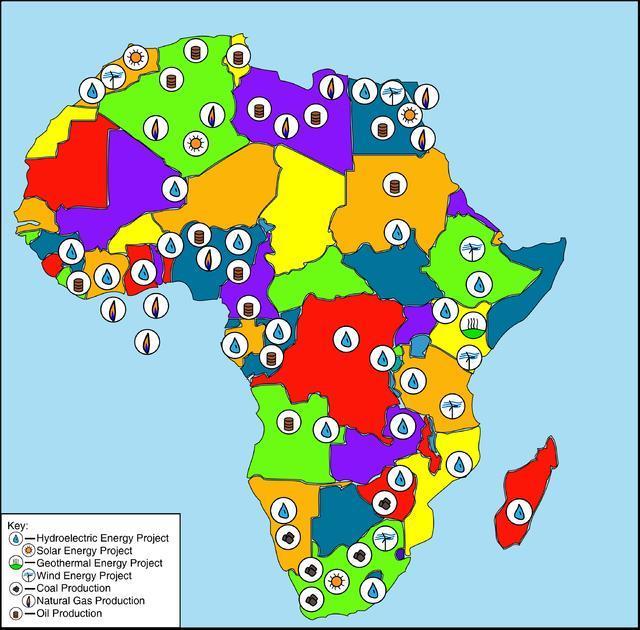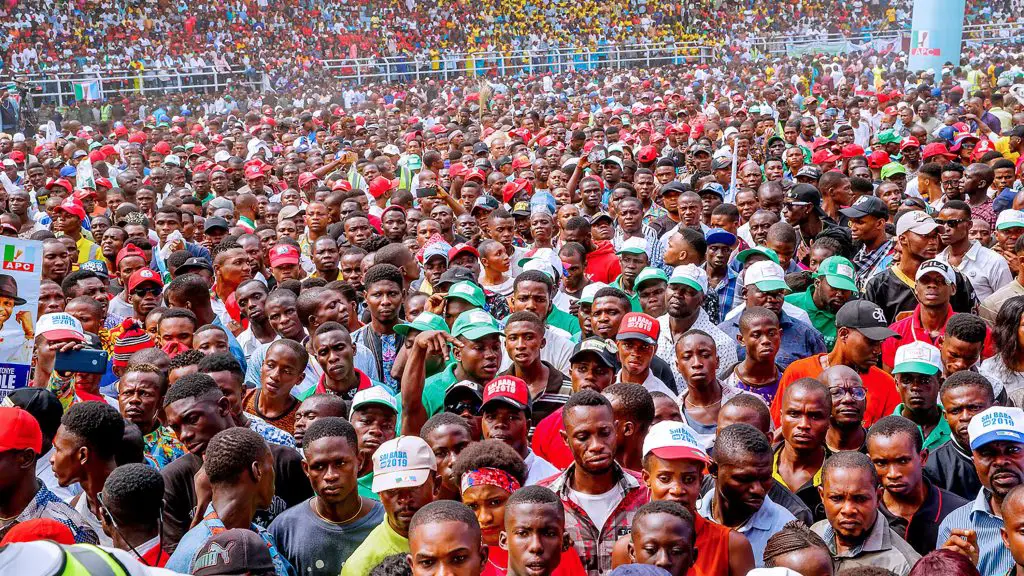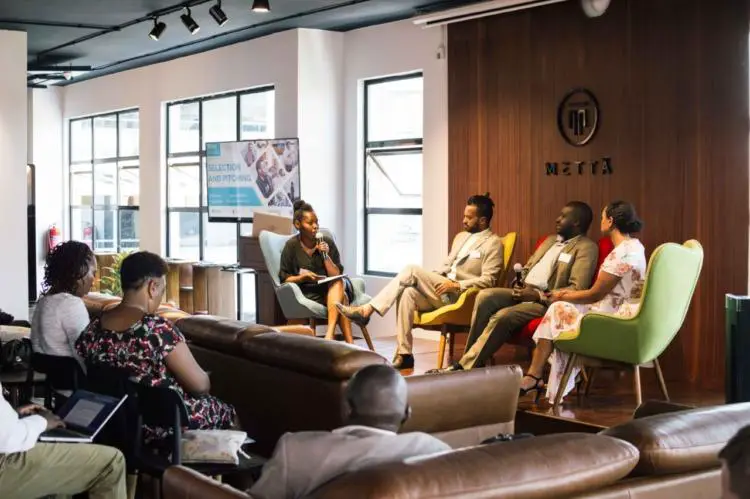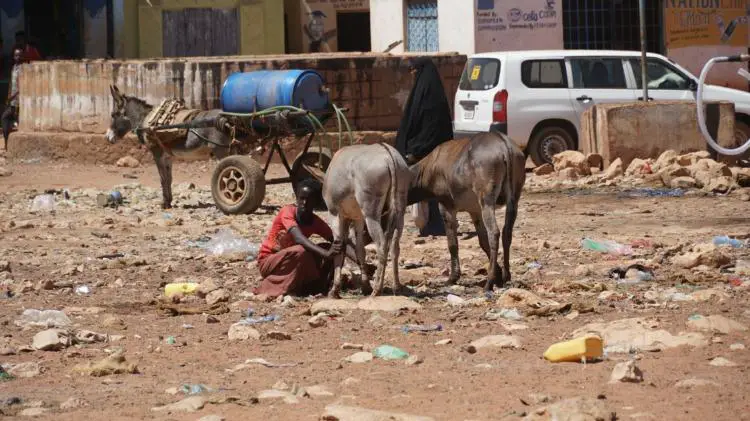- Somalia leaders have agreed to the February 25 deadline to conduct election polls, a move that could demobilize terror group Al-Shabaab.
- President Mohamed Farmaajo had controversially extended his term through Parliament by two years.
- The new polls calendar was announced by the Prime Minister which comes as a relief to leaders in the region as the light for peace and stability turns green.
On the political front, the National Consultative Council and Somalia leaders have agreed to have Somalia’s elections by February 25 this year.
In Somalia, the Al-Shabaab collects “taxes” from almost every business in the capital Mogadishu, creating a demotivating effect on prospective entrepreneurs in the country.
This is among the challenges styming the country’s economic growth. Others are political instability and an unpredictable investment climate.
Read: Diaspora remittances a lifeline to investments growth in Somalia
The January 9 agreement comes after election delays following the feud between President Mohamed Abdullahi Mohamed Farmajo and Prime Minister, Mohamed Hussein Roble. The delays have threatened the stability of the Horn of Africa’s country.
The agreement was reached after several days of talks hosted by the Prime Minister with other state leaders to resolve the country’s political crisis.
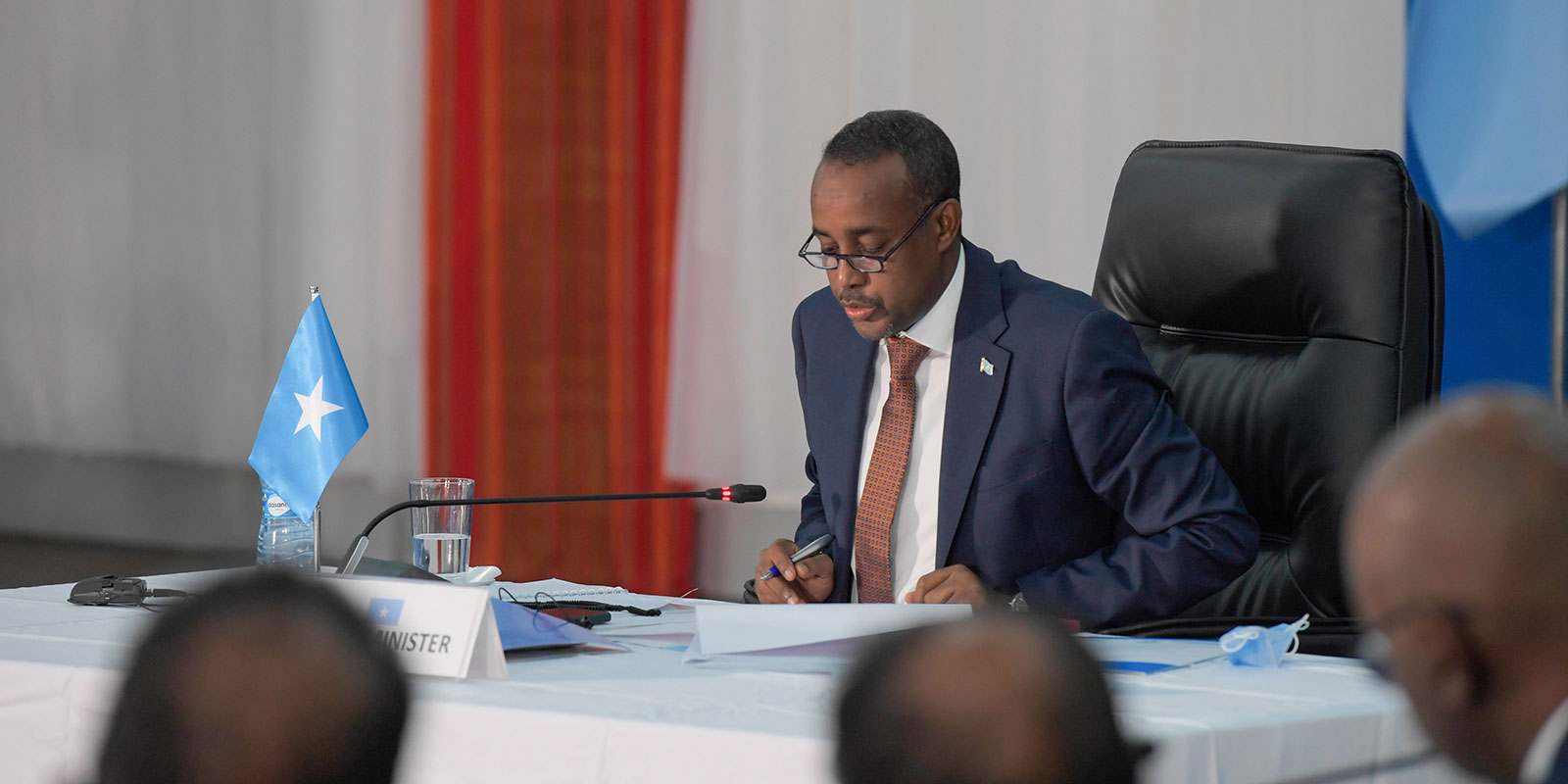
Somalia’s regional neighbours, Kenya and Uganda, have joined international parties and organizations to rally the country to complete parliamentary polls by the said deadline.
International organizations that included the United Nations, Intergovernmental Authority on Development, and the European Union released a statement advising that the country’s leaders must ensure the timelines are met accompanied with credible elections.
Countries that have backed up the statement from the international organizations include Egypt, Norway, Netherlands, Japan, the League of Arab States, Sweden, Qatar, Sudan, Switzerland, United Kingdom, Turkey, and the United States.
The statement continued that the organizations were contented that the prime minister and the state leaders decided in consultations with the civil society, women representatives, and opposition leaders.
The endorsement from the international partners is critical since they have financed the more significant part of the much-delayed elections.
Somalia had scheduled elections for November 2020, but divisions over the mode of voting and security concerns delayed the polls.
Somalia elections are conducted through the Clan System.
Out of the 15 million Somalians, only 101 clan members actively vote for the President.
Voting is done using an indirect model where clan delegates and state legislatures choose lawmakers for the National Parliament, who elect the President.
Read: Famine pushes Somalia, PM into UAE’s arms
Nearly 30,000 clan delegates are given the duty to elect 275 members of Parliament who form up the lower house. Five state legislatures elect 54 senators to the upper house.
In over 50 years, Somalia has not held a one-man-one-vote election. The last one was in 1969, and the government voted in did not last the year in power.
Somalia was set to hold its first democratic election in February 2021. Still, clan leaders could not arrive at a consensus on how the election would be held, threatening to fuel civil wars in the country.
The clan system makes it difficult for women and the youths to ascend to power because of the near impossibility of elders voting them as their representatives.
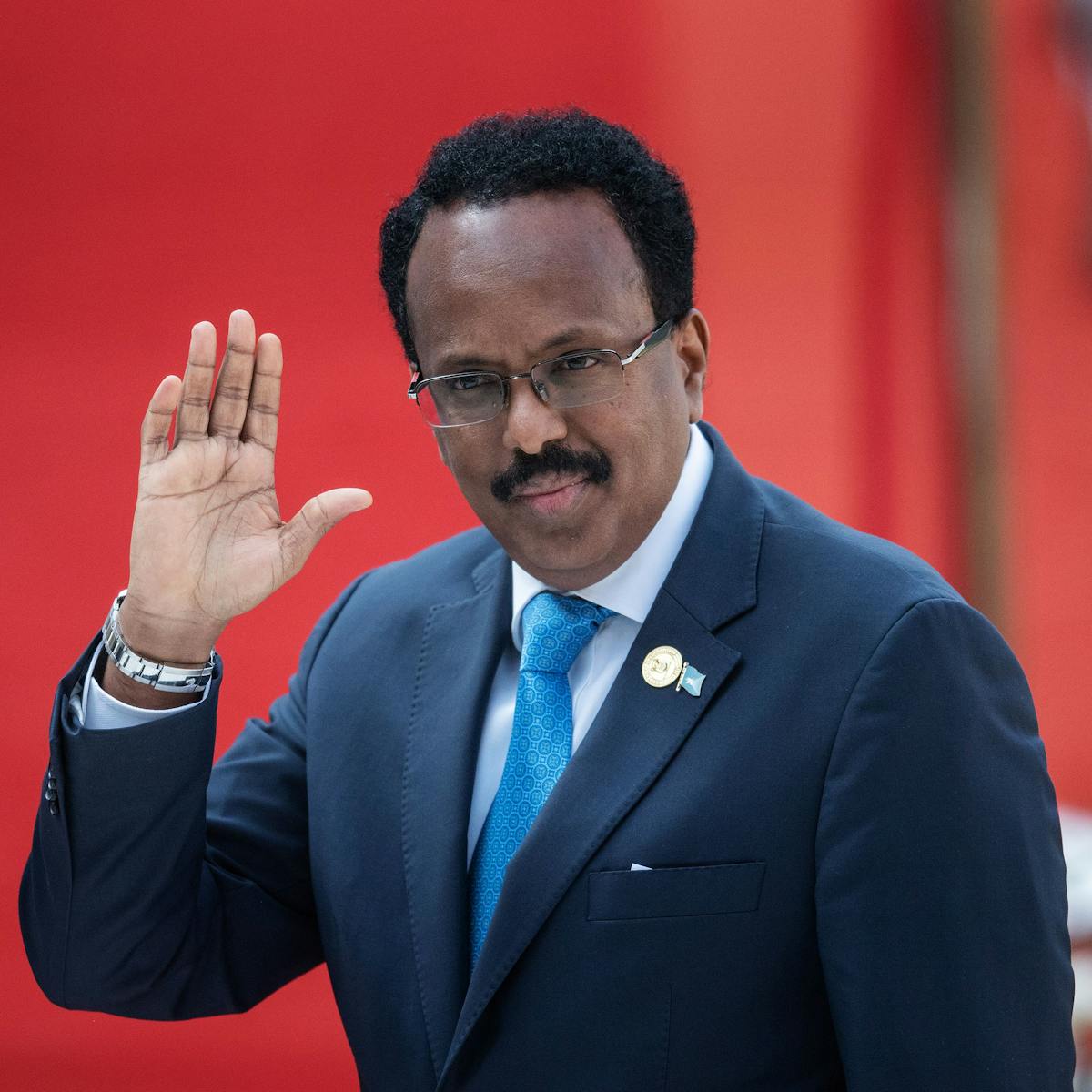
The two influential leaders in the country have been at loggerheads over the delayed elections. Their disagreements elevate a tense atmosphere in the air that could arise from violence.
The spat between the two leaders had erupted again when the President suspended Roble for claims on corruption and probing into a sandal over military land.
President Mohamed, popularly known as Farmaajo, had controversially extended his term, through the Parliament, by two years. Politicians opposed to this move mobilized soldiers and militia affiliated with them to protest against the directive resulting in deadly clashes with government forces in Mogadishu.
Roble accused the President of going against the constitution while opposition leaders called on Farmaajo to vacate the executive office.
The President released a reassuring statement on Monday agreeing to the new polls calendar announced by the Prime Minister, which comes as a relief to leaders in the region as the light for peace and stability turns green.
Election success to combat terror group Al-Shabaab
According to a report by BBC News, the insecurity in Somalia has led to millions of Somalis moving to refugee camps across the region. In 2021, about 650,000 refugees from the country were spread out through the region.
The instability and movement of refugees facilitate operations by Al-Shabaab to move across borders and launch their attacks in the neighbouring regions.
Election success in Somalia would focus a lot of energy on combatting the terror group in the country, making it weaker.
The BBC reports that Al-Shabaab collects “taxes” from almost every business in Mogadishu, creating a demotivating effect on prospective entrepreneurs in the country.
“What entrepreneurs and businesses need is a stable and predictable environment. They cannot generate and invest if there is no predictability. Election success will be the first step to creating this environment.”
Read: Kenya, Somalia muscle-flexing portends economic collapse





